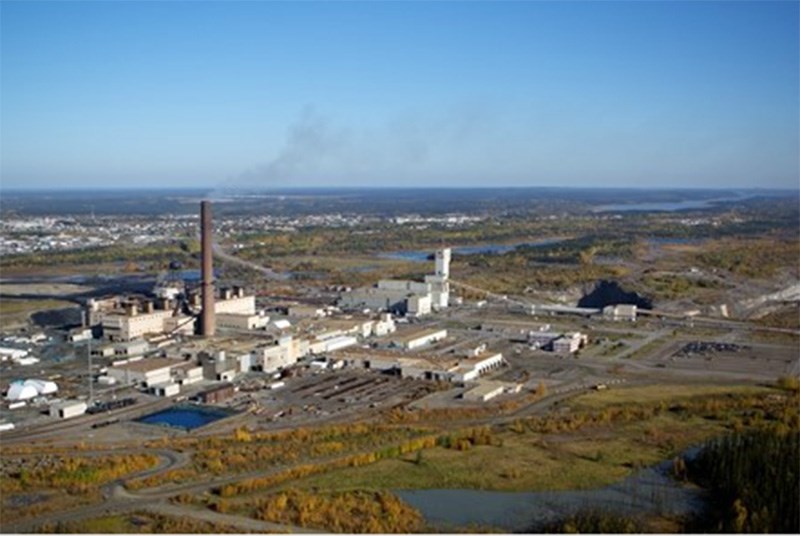The decade-long trend in which Vale Manitoba Operations delivers mostly bad news to Thompson and its employees continued June 16 when the company announced that it lost $300,000 per day in 2019 and is undertaking a comprehensive review that will result in a smaller workforce.
At least the announcement from Manitoba Operations manager Franco Cazzola was honest. It didn’t say that all options are being considered, leaving open the possibility that perhaps there wouldn’t be job losses. It just came right out and admitted that there would be. Now all that remains to be answered is how many jobs will be affected, and when will they be eliminated, though United Steelworkers Local 6166 president Warren Luky said people have been told to expect layoffs as early as November.
It may seem hard to believe, but the announcement came only about seven months to the day that former Manitoba Operations manager Gary Eyres told the Thompson Chamber of Commerce that a $1 billion investment in the Thompson mines over the next five years could generate $8 billion in economic activity over the next 45 years. Within three months, Eyres was gone, after less than a year on the job, and replaced by Cazzola, the fourth person in charge of Manitoba Operations since former head Mark Scott ’s position was eliminated in 2018, around the time that the smelter and refinery were permanently shuttered.
With a workforce somewhere around 870 people since the end of 2018, about two-thirds as large as it was at the end of 2017, Vale Manitoba Operations has eliminated 400 unionized jobs since 2017 as well as an undisclosed number of staff positions, which have made up roughly a third of the company’s workers over the last couple of years. The only good news from the company in recent times came in the form of announcements that the smelter and refinery shutdown, originally announced in November 2010 and originally scheduled for 2015, would be delayed by a few years, ultimately until 2018.
If there is any sort of silver lining to be gleaned from Vale’s plans for a comprehensive review, it is that the company seems to hold out hope that Manitoba Operations could become profitable somewhere down the line, if nickel prices ever jump as some have predicted they would as electric cars become more popular and the metal is needed for the batteries to power them. If Vale didn’t see that possibility, it would presumably shut down the mine. If it didn’t see it happening for a very long time, it might put the open mines on care and maintenance, like it did with Birchtree. The fact that, so far, it hasn’t, indicates that the company can envision a future in which Thompson mines can once again turn a profit and that it would be too expensive to try to hire a whole new workforce if that day does come. On the other hand, the process of cutting back and cutting back and cutting back, even over a period of years, makes it more likely that, one day, when the time comes to either fish or cut bait, Vale is more likely to take the latter option, or just employ greater automation to reduce its dependence on actual workers whose spending helps prop up the local economy.
Given that it is Thompson’s biggest employer, when Vale sneezes, all of Thompson is at risk of catching a cold. Hopefully its current condition is the economic version of the sniffles or the common cold and not something that requires more radical treatment or proves to be terminal.




